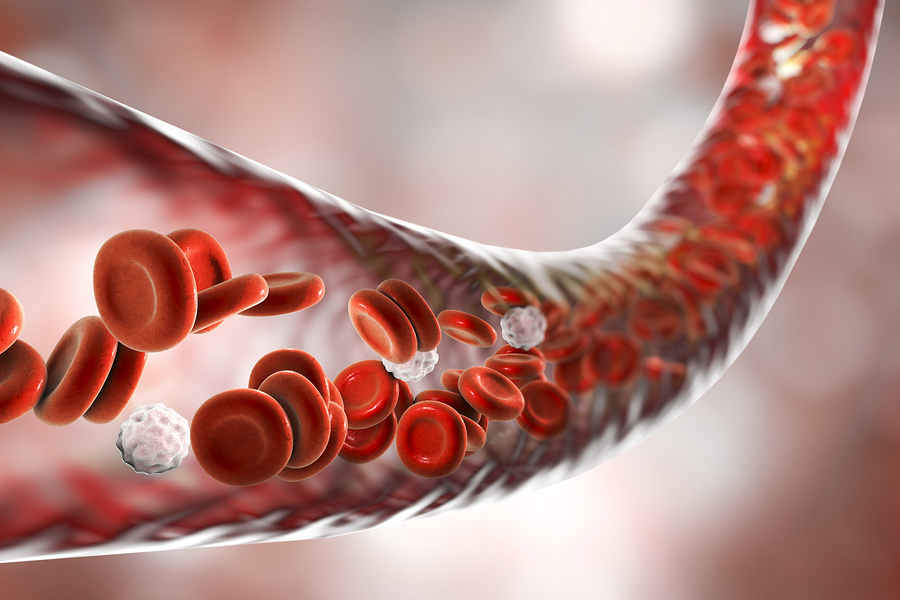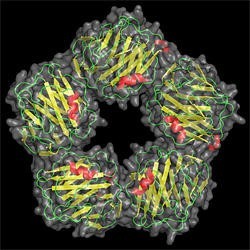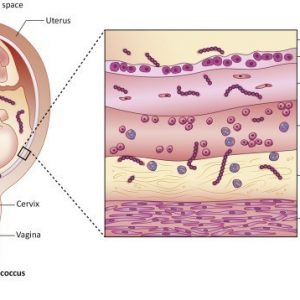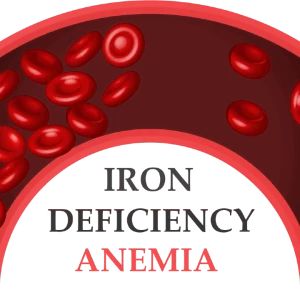
Major proteins found in the blood are known as Albumin and Globulin. You may have underlying health problems if the blood test reveals low levels of protein and albumin. There are various factors that cause low protein in the blood and the remedies vary depending on the underlying condition. Some causes of low protein in blood are:
1. Kidney Disease: Kidney diseases such as Nephrotic Syndrome cause loss of protein from the body through urine. This leads to low protein levels. If the protein in urine is detected, it can also be an indicator of kidney damage due to diabetes mellitus.
2. Liver Disease: Condition such as Hepatitis affects the liver and causes protein level in the blood to decrease as the liver is the organ that is responsible for producing protein.
3. Malabsorption: It is a condition where there is a difficulty in absorbing protein by the body. It occurs when the body is not able to absorb protein or other nutrients which leads to low protein in the blood. It can occur in patient with Celiac disease.
4. Drugs: Another cause of low protein in blood is medicines like estrogens, oral contraceptives or any other medicine that damages your liver thus causing low levels of protein in your body.
5. Malnutrition: If a healthy diet, which should include proteins is not maintained then it leads to a substantial level of protein malnutrition. In cases of severe protein deficiency, a person can become prone to diseases such as Kwashiorkor and Marasmus. Amino acids are often known as building blocks of protein, most of the time we can produce them ourselves but many amino acids come from foods. Lack of amino acids prevents the body from making albumin and globulin which causes low protein.
Other causes for low protein are thiamine deficiency, autoimmune diseases like lupus or rheumatoid arthritis, gastrointestinal malabsorption syndromes like Sprue or Crohn’s disease, uncontrolled diabetes, Hodgkin’s lymphoma, heart failure, and pregnancy.
Symptoms of low blood protein are:
1. Edema is also referred to as water retention.
2. Easy Bruising.
3. Slow wound healing.
4. Prolonged Blood clotting time
5. Reduced energy and muscle wasting.
6. Skin rash
7. Brittle nails or nails with ridges on them.
8. Loss of hair.
9. Scaly skin.
10. Depression
11. Fatigue and Lethargy
12. Nausea or dizziness
13. Abdominal pain
14. Headaches
The cause of low blood protein can be determined by a blood test as it can reveal whether a person has enough protein or not. The doctor will recommend you a blood test known as total protein, albumin and A/G ratio (albumin/globulin). The test will reveal whether the total protein is low or not and whether the ratio of albumin and globulin is fine. Other tests needed in investigation of protein deficiency are
- Urine routine examination and 24 hour urinary protein estimation. This indicates the amount of damage of the kidney and the amount of protein being thrown out of the body while passing urine every day
- Liver function tests (LFT) – this includes SGPT (ALT), SGPT (ALT), Total protein, Albumin, Serum alkaline phosphate (SAP), GGT, and Serum Bilirubin. These tests indicates towards functioning of Liver and production of protein
- Kidney Function Tests (KFT) – This includes Urea Creatinine, Uric acid, Total protein, Albumin, Calcium, Phosphate, Sodium, Potassium, and Chloride. These tests asses the function of kidney
- Complete Blood Count (CBC) – This test indicates level of anemia which may be associated with low protein. If a possibility of nutritional deficiency or malnutrition is to be consider other tests like B12 levels, Folic acid levels, and Iron Studies are also done. Tests specific for some disease are also done. This include antibody for celiac increase. Sometimes a duodenal biopsy may also be needed to establish the cause of protein deficiency
- Anti-Nuclear Antibody (ANA), and autoimmune profile may also be done to rule out autoimmune conditions
- Maintaining the right amount of protein is important as it helps in the healing of wounds and building of muscles. It can also lead to other complication such as CHF or congestive heart failure and pulmonary edema (forming of fluids in lungs) Therefore maintaining protein in the body is important






